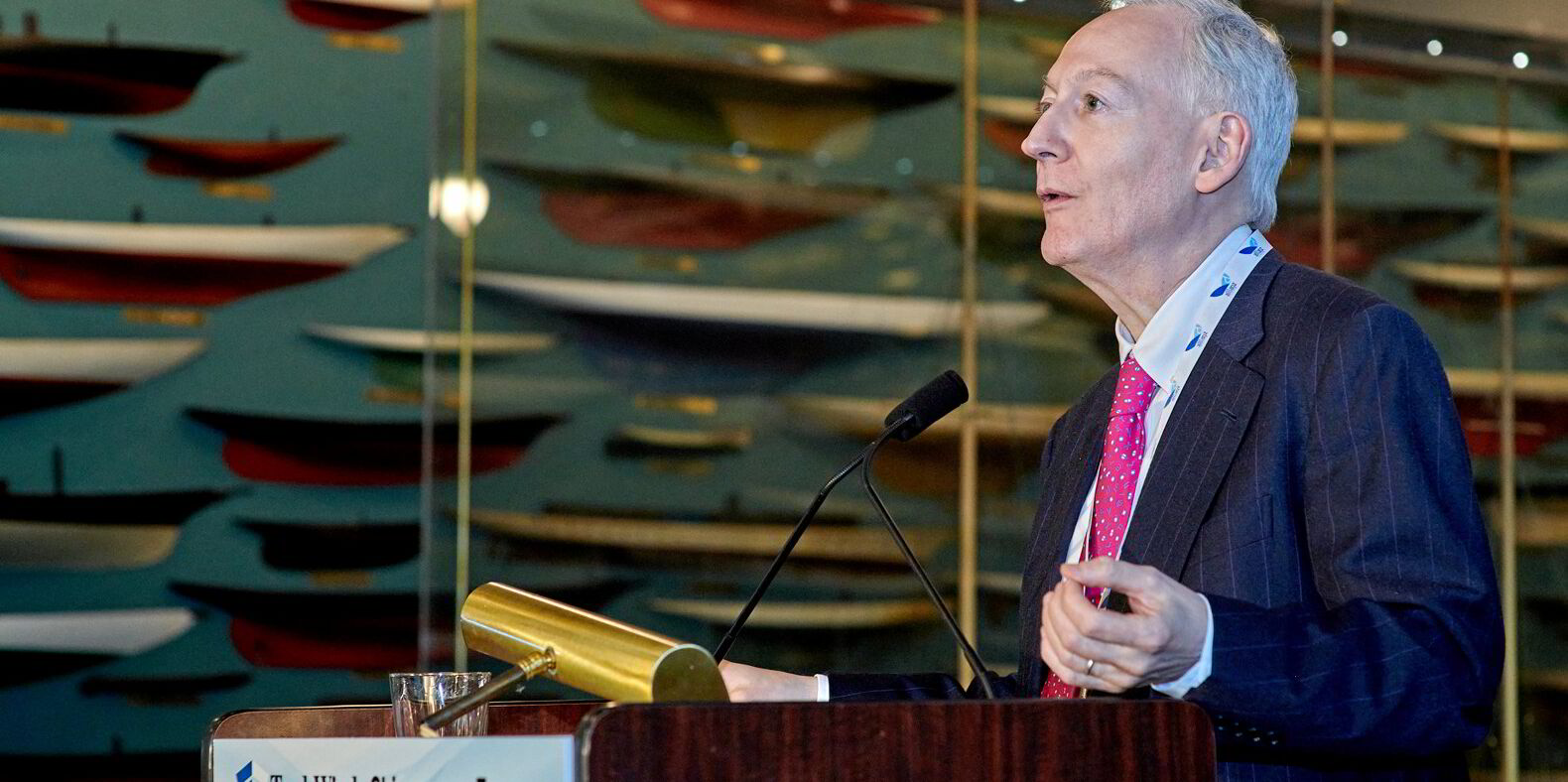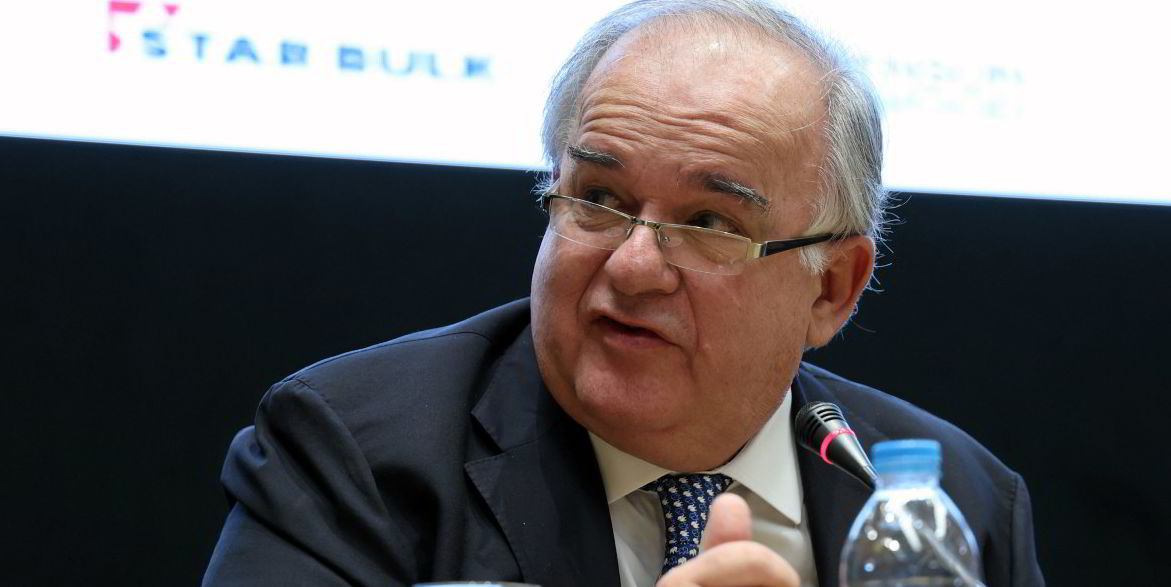Star Bulk Carriers management, particularly president Hamish Norton, has long discussed the company’s ambition to get bigger to attract large institutional investors who consider a $5bn market capitalisation a minimum size for entry.
Star was barely halfway there this week with a market cap of around $2.6bn, but it is about to take another step in a way that some may not understand.
Maturity at hand
The Greek owner on Thursday is expected to settle its maturing convertible notes with a face value of $69m by issuing to holders new shares with a current worth of $134m.
The move is not Star’s usual way of gaining scale – that has come through nine shares-based acquisitions of ships, fleets and, in one case, a company.
It was the latest of these – Star’s $836m, all-stock deal for Eagle Bulk Shipping – that also brought with it the legacy cache of convertible bonds, which originally were issued by the Stamford, Connecticut-based company in 2019.
Dealing with the convertibles essentially went from being Eagle’s problem to Star’s, and that brings us to the conversion deadline this week.
But what are convertible notes?
Convertible notes act like bonds in that holders typically collect an interest coupon between the date of issuance and maturity.
In this case, Eagle issued $114m worth of the notes back in 2019 to underpin its acquisition of six ultramaxes and to help fund the installation of exhaust gas scrubbers.
Holders have been collecting 5% interest per year ahead of the 1 August maturity. This is a lower interest rate than Eagle would have paid had it done a secured bond issue.
On the other hand, there is an overhang on a company’s share price as investors anticipate the potential dilutive impact of the notes being converted into new shares, as is being done here.
The other option is to pay off the notes in cash. But in this case, it has long been assumed that first Eagle, and now Star, would pay off the balance with shares as the bonds are deeply “in the money.”
In this case, the “strike price” — or conversion price — is $11.61 per share.
Star’s stock was trading around $22.50 per share this week, implying that all holders would logically elect to convert. The company can choose whether to convert through cash or shares.
Only $69m of the original issue remains because of two events.
Private equity backer Oaktree Capital Management elected in February to convert its large cache of notes into Eagle stock.
This gave it a 9.96% position in Eagle ahead of the shareholder vote that approved the Star takeover.
Eagle separately decided to repurchase $10m of the securities in 2022.
As to what remains, each convertible holder is entitled to 86 Star shares for each $1,000 worth of bonds held.

This would equate to about 6m new Star shares, adding to its existing share base of some 114.2m.
There is one additional benefit to the Star balance sheet, as $69m worth of debt is wiped off the books in the process.
The last piece of good news probably falls to shipping equity analysts and financial journalists, who have been trying to figure out how to account for the convertible notes — and the assumed changes in share count — when computing first Eagle’s earnings and then Star’s after the acquisition.
For them, a conversion could not come soon enough.





